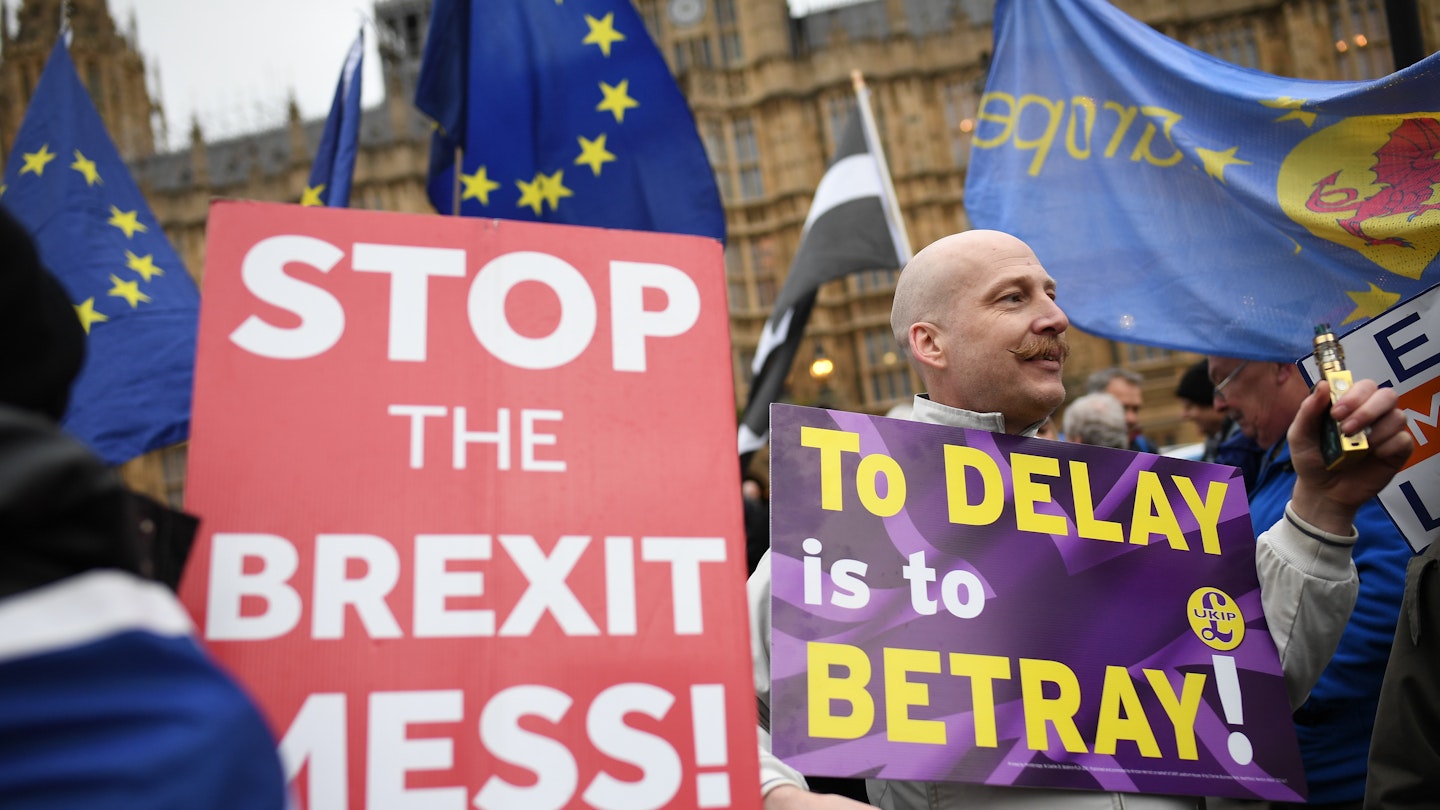The day of the May 2015 general election will be part of my memory for as long as I live. The Liberal Democrats, led then by my husband Nick Clegg, suffered a crushing defeat. I was standing by his side, so the defeat felt also partly mine. Most of us fail sometimes to reach our goals, deal with rejection or have set backs at work - but to face such a comprehensive defeat in front of not just the whole country, but the world, is something that sticks in your mind.
At that point I did not fully comprehend the significance of the absolute majority won by the Conservatives. But I do so now: as Donald Tusk has confessed, David Cameron was planning to hide behind the Libdems to avoid honouring his political promise to convene the Brexit referendum; and with the Libdems gone, he no longer had an excuse not to hold a referendum. When back in Government, Cameron did not find the political courage to put the interest of the country above a party commitment that he knew would be bad for all. I am one of the many who holds him responsible for leading the country onto the helpless Brexit path. In fairness, everybody knew Cameron’s commitment to the Brexit referendum, but nevertheless many voted for him.
It is impossible to exaggerate the seriousness of the crisis that the Brexit referendum has provoked. The country is so divided and at so many levels that after two and a half years of discussions, no single agreement, big or small, has been reached. Even The Queen, who with admirable discipline remained silent during the Scottish referendum when the integrity of the Union as a whole was at stake, has not managed to remain silent this time: she has recently called for overcoming the current polarization by seeking ‘middle ground’.
The polarization of society does not affect only Great Britain. In fact, it is difficult nowadays to find a Western country whose population is not somehow polarized. As with the UK, countries like the US or Brazil also face deep running ideological divides between those who defend the politics of ‘openness’ (immigration and open markets) and those who hail the politics of ‘close’ (erecting market barriers and closing down borders). The deep rural/urban divide that is so entrenched in Britain (with London supporting remaining in the EU and rural areas wanting leave) affects others as well: in Hungary, Budapest is anti-Orban, while the countryside is pro him; in France’s last general election, Paris, Bordeaux and Lyon supported Macron, while the countryside supported Le Pen; and in Germany the rise of the extreme right is coming from the rural East. Even the British geographical divide (with Scotland and Northern Ireland being pro-remain and England and Wales pro-Brexit) is not one of a kind: Belgium and Italy are deeply divided between North and South; and in my own country, Spain, there are serious and at times heated disputes between Catalonia and the rest of the country.
But in addition to all those divisions, and unlike other countries, the UK is also split in another more serious way: a wide generational divide whereby young and old people no longer see eye to eye. More than 75% of young people voted to remain in the EU and yet the country is set to leave. There is no other single country in the developed world where the older population has imposed on the young a future that the latter explicitly do not want, as has happened in the UK. It will take not just years, but decades to dilute the resentment that such imposition will generate. Trying to patch up that poisonous division with clever backstop amendments, or a couple of technical drafting tricks, as Theresa May seems towish, is foolish; and hoping to find a middle ground to sort out such a deep division, as the Prime Minister hopes for, is naïve.
Countries cannot succeed against the interest of their young people: it is challenging to do it in dictatorships, and simply impossible to do it in democracies. Whether the next chapter in the Brexit saga is some sort of agreement, a general election, another referendum or an impasse is ultimately largely irrelevant, because what really matters is that unless the over 45’s give way under any of those options, the profound generational divide will persist. Sorting out that generational divide is the single biggest and most urgent political priority for the UK.
One of the hardest things in parenthood is accepting that our children have the right to choose whatever they want for themselves as they grow up, no matter how strongly we may disagree with them. What works for parenthood works for politics too: it is for the young British people to choose the future that they wish, no matter what we older people think of it.
